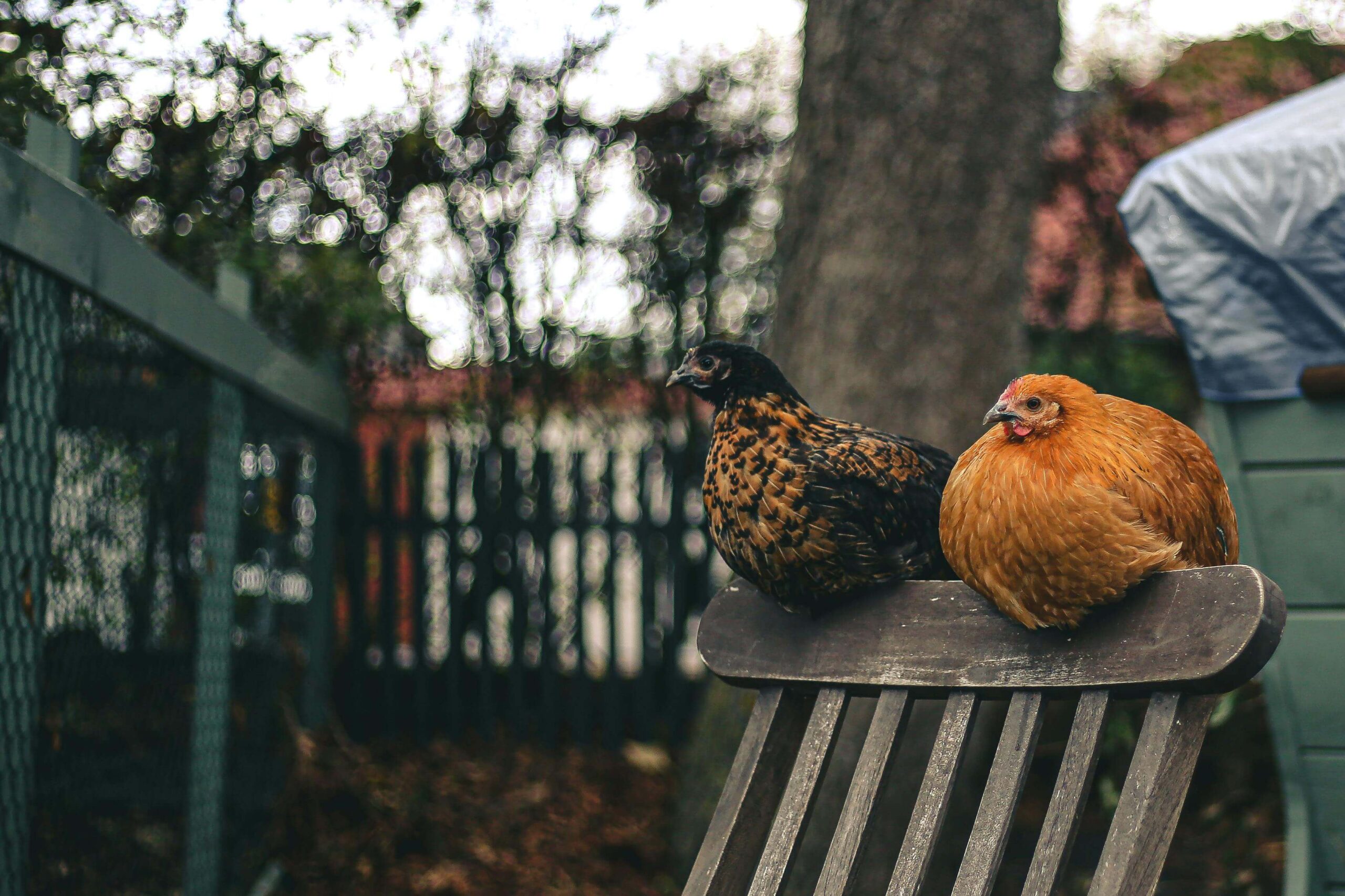The War On Chickens
From the limitations and banning of owning chickens in your back yard to banning growing food in your front yard, even outside the US which is considered “FREE”, owning chickens is being banned, even in rural areas, even if there is plenty of space to put them.
Clearly, the system, (big companies and deep state) doesn’t want people to produce anything, only to consume whatever they’re selling, which is usually full of antibiotics, and chemicals, and the animals fed with only grains which limits the nutrients in their meat.
The War on Self-Sufficiency: The Struggle to Own Chickens and Grow Food
In recent years, a seemingly paradoxical trend has emerged across the globe, challenging the notion of personal freedom and self-sufficiency. From restrictions on owning backyard chickens to bans on growing food in front yards, the assault on individual autonomy extends beyond borders, transcending the notion of freedom that many societies hold dear. This article explores the limitations imposed on individuals, particularly in rural areas, questioning whether the system is subtly steering the population away from self-sufficiency towards a culture of dependence on mass-produced, often chemical-laden products.
The Backyard Chicken Conundrum:
Owning chickens in one’s backyard has long been considered a symbol of self-sufficiency, providing families with a sustainable source of fresh eggs and fostering a connection to the food they consume. However, in various regions worldwide, this once-common practice is facing increasing restrictions and outright bans. Critics argue that these limitations infringe upon personal freedoms and limit the ability of individuals to make choices about their own sustenance.
One might wonder: Why ban a practice that has existed for centuries, even in rural areas where space is abundant? The answer may lie in a larger narrative that suggests a preference for centralized production and consumption.
Front Yard Food Fiasco:
As if the restrictions on backyard chickens were not enough, there are instances where individuals are being prohibited from growing their own food in front yards. This extends beyond mere aesthetic concerns and raises questions about the motivations behind such regulations. Critics argue that the limitations are not just about maintaining a tidy neighborhood but may be part of a broader agenda to discourage self-sufficiency.
The Culprit: Big Companies and the Deep State?
Conspiracy theories often circulate, pointing fingers at big corporations and the so-called “deep state” as orchestrators of these restrictions. The argument posits that these entities prefer a populace that consumes rather than produces, creating a cycle of dependency on mass-produced goods. While some may dismiss these claims as unfounded, it is undeniable that the industrial food complex has a vested interest in maintaining control over the production and distribution of food products.
Mass-Produced Pitfalls:
The consequences of limiting backyard chickens and homegrown food are not merely about restricting personal freedoms. There are broader implications for public health and the quality of the food supply. Many commercially produced foods are laden with antibiotics and chemicals, posing potential risks to consumers. Additionally, livestock raised on industrial farms are often fed diets high in grains, limiting the nutritional value of their meat.
Conclusion:
The limitations on owning backyard chickens and growing food in front yards are indicative of a larger trend that challenges the very essence of personal freedom and self-sufficiency. Whether driven by concerns over aesthetics, corporate interests, or a combination of both, these restrictions have sparked a growing debate about the role of individuals in shaping their own destinies.
As societies grapple with these limitations, it becomes crucial to question the motives behind such regulations and advocate for the preservation of practices that empower individuals to take control of their own sustenance. The battle for backyard chickens and front yard gardens is not just about personal choice; it is a reflection of the ongoing struggle between centralized control and the age-old desire for self-sufficiency.

